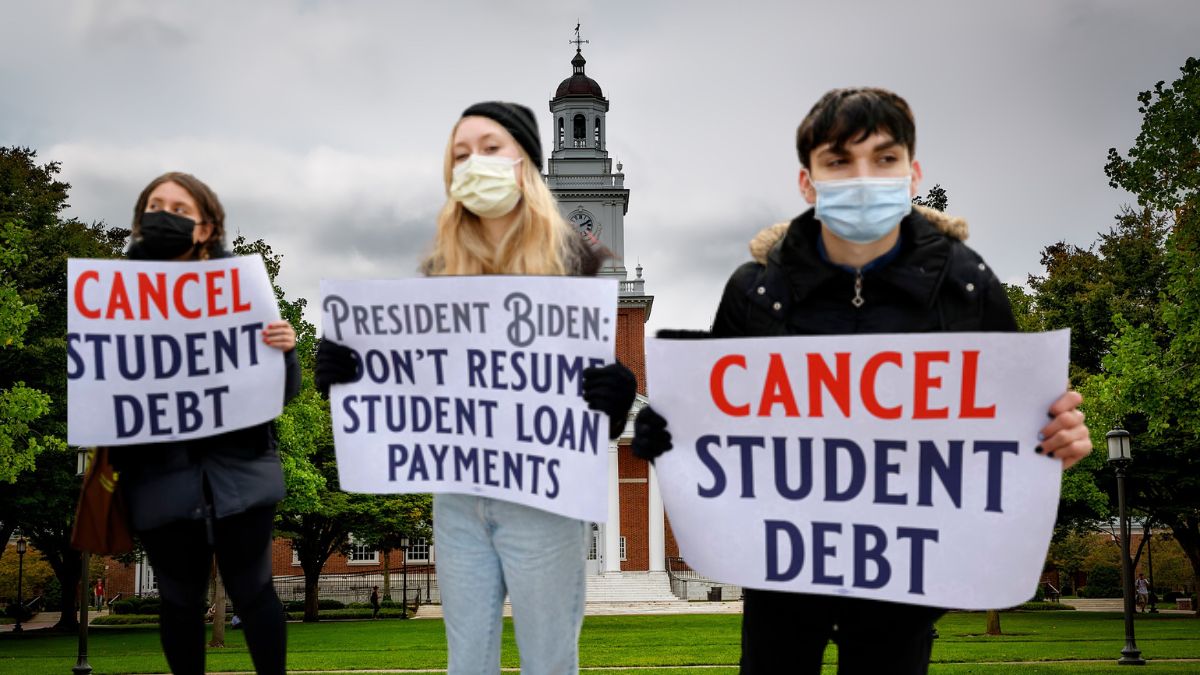Student loan pause. In the wake of the COVID-19 pandemic, millions of Americans have found that paying down their student loans has become a major financial burden. The deferment option on student loans might be a welcome reprieve. What you must know is detailed below.
What is the Student Loan Pause?
For a limited time, borrowers of certain types of federal student loans can stop making payments and accruing interest. Financial aid during the pandemic prompted the CARES Act to institute this temporary halt in March of that year. Multiple extensions have been granted, the most recent one lasting until January 31, 2022.
Which Loans are Eligible for the Pause?
In terms of federal student loans, the moratorium includes the following:
- Direct Loans
- FFEL Loans
- Perkins Loans
- Parent PLUS Loans
- Consolidation Loans
The moratorium does not apply to borrowers of private student loans. Some private creditors, though, may provide their own assistance plans.
What Happens During the Pause?
Student loan debtors who qualify for the deferment period will not be required to make payments during that time, and interest will not accumulate either. The borrower’s credit score will not drop, and no collection actions, such as wage garnishment or tax refund offset, will be taken during the delay.
Do Borrowers Need to Take Action?
Borrowers who qualify for the student loan moratorium will automatically receive the benefits. Borrowers should contact their loan servicer to verify eligibility, but the pause will be automatic for loans maintained by the Department of Education.
What Happens When the Pause Ends?
When the temporary suspension ends, borrowers must once again make payments on their debts. The loan’s due date may be postponed, and the loan’s duration may be lengthened, depending on the nature of the loan. In order to discuss possible repayment choices, borrowers should get in touch with their loan servicer.
Here are some additional details about the student loan pause:
Benefits of the Pause
There are various advantages that borrowers may reap from taking a break on their student loans.
- Reduced financial stress: Borrowers who have their payments temporarily suspended have more money available for necessities like rent and food.
- Savings on interest: Borrowers can save money throughout the course of their loans because interest won’t be charged during the suspension period.
- Improved credit score: Borrowers can protect their credit from the negative effects of late or missed payments by pausing their loans during this time.
Extension of the Pause
Since its original 2020 implementation, the student loan moratorium has been extended multiple times. The contract’s most recent extension, announced in August of 2021, is set to last through January 31 of the following year. Nonetheless, the suspension could be prolonged further if the pandemic’s effects persist.
Loan Forgiveness
Although loan balances are not forgiven during a deferment period, some students may qualify for loan forgiveness through other programs. The Public Service Loan Forgiveness (PSLF) program, for instance, cancels debt for people who agree to work in designated public service positions for a predetermined number of years. Depending on the borrower’s circumstances, other loan forgiveness schemes may be an option.
Loan Consolidation
Federal student loan borrowers who have more than one outstanding loan can benefit from investigating consolidation options. Consolidation not only makes it easier to pay back loans, but it also could make debtors eligible for more forgiving repayment options. However, before making a final decision, borrowers should weigh the benefits and drawbacks of consolidation.
Conclusion
Borrowers experiencing financial hardship can find significant relief from their student loans during the suspension period. If you have loans that qualify, refinancing could help you save money and free up resources for other things. Be sure to check back for updates on the suspension period and to have a plan in place to restart payments once it expires.
The temporary suspension of payments on a student loan can be a huge comfort for people who are struggling financially. If you have loans that qualify, refinancing could help you save money and free up resources for other things. Be sure to check back for updates on the suspension period and to have a plan in place to restart payments once it expires. You should also look into other possible debt repayment choices, such as consolidation or forgiveness programs.











